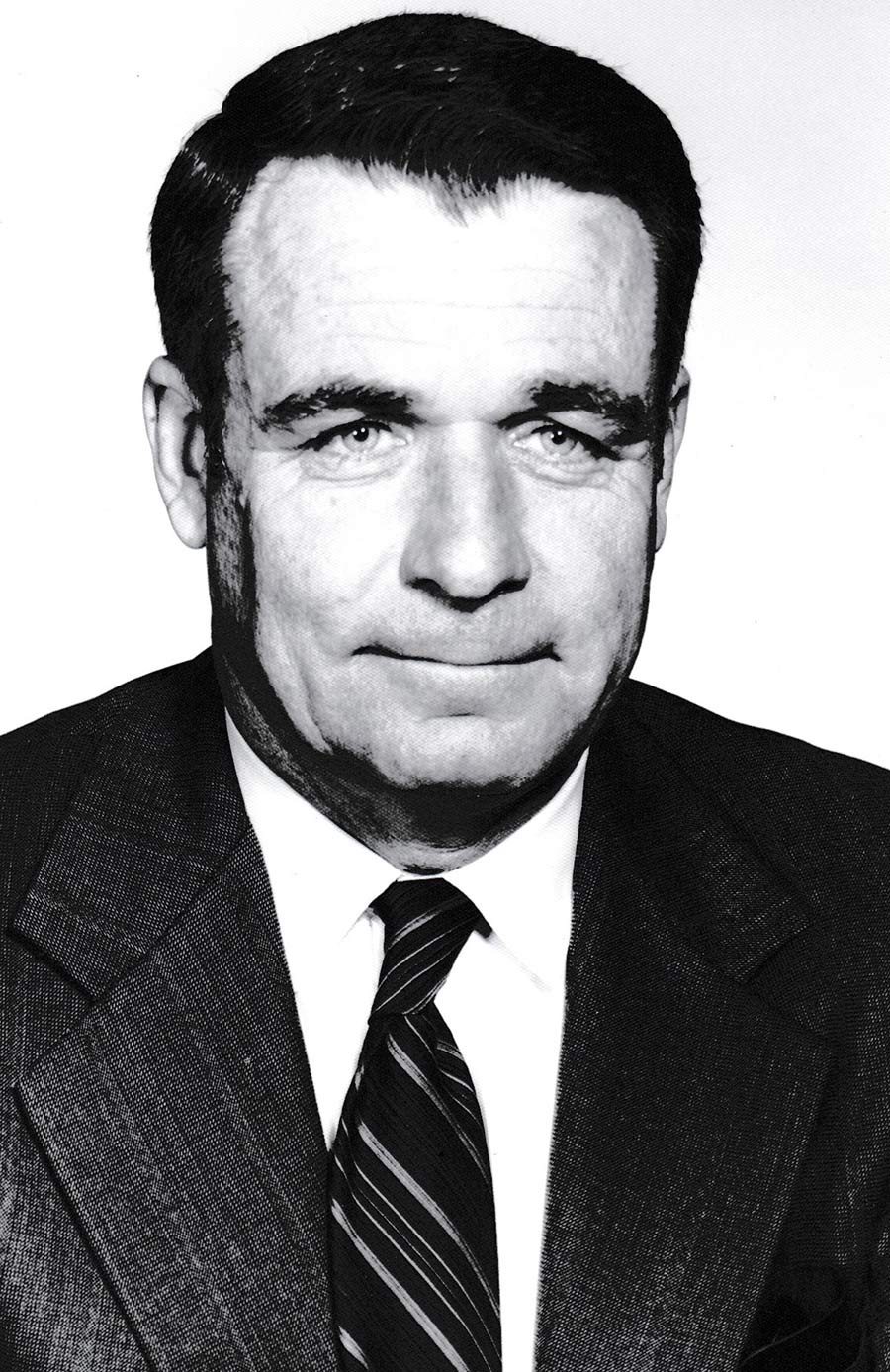verett Wesley Casper, Jr., known to most as Pete Casper, died in his sleep from natural causes on December 22 at the age of 95. He was born in Chicago on August 11, 1925. Pete was well-known for his work in the Alaska construction industry—during the territorial days and after statehood—and was a notable figure in the construction of the trans-Alaska pipeline. He was a longtime Alaska resident, living mostly in Anchorage. He is survived by his wife, Sonja, of Tucson, Ariz., and his son and daughter-in-law, Chuck and Laurel Casper, of Anchorage.
During World War II, Pete was drafted into the Navy while he was in high school. He served on multiple ships, including in several major battles. After the war, he earned a civil engineering degree from Iowa State University, worked at the Iowa Highway Department, and became a registered professional civil engineer in Iowa and later in Alaska.

When the pipeline started, Green Construction was the largest road-builder in Alaska and was well-positioned for the surge in work. Pete was one of the people recruited by oil companies to fly at a low level over the Atigun and Anaktuvuk passes to evaluate which would be a better route for a pipeline and road. Green Construction built three of the five sections of the pipeline haul road, along with airfields, man camps, a ferry across the Yukon River, and more. At the height of pipeline construction, Pete was reported to have 4,000 people working under him.
Other career highlights include construction of original parts of the Parks Highway, the Moose Creek Dam/Chena Lakes Flood Control project, and a stint in Saudi Arabia organizing a highway project for Green International.
Pete was known for his dry sense of humor. He was an avid baseball and basketball fan and attended almost all University of Alaska Anchorage games. Due to the pandemic, a public celebration of his life is not planned. Those who choose to make a remembrance are encouraged to do so by contributing to UAA sports.